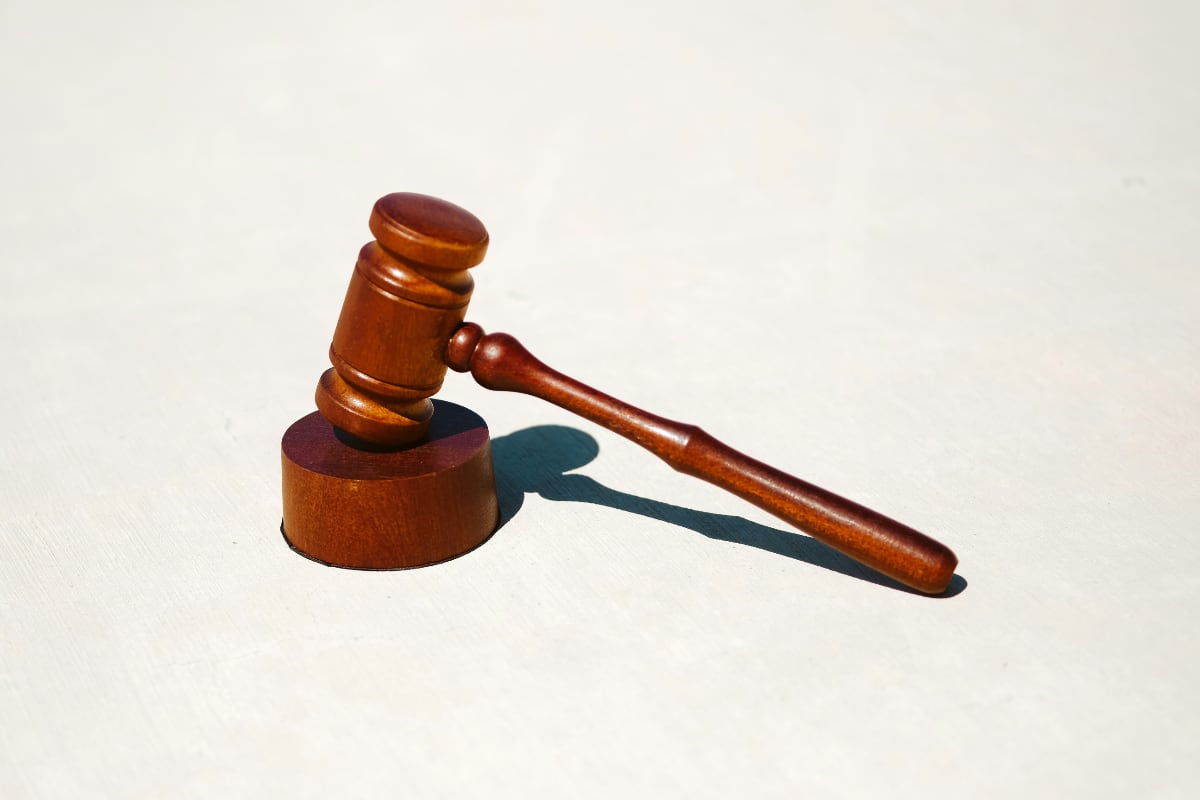The growing demand for aerial photography and videography across various sectors has highlighted the importance of engaging licensed drone pilots. With the advancement of drone technology, the perspectives that can be captured are unparalleled, offering views that were once impossible or prohibitively expensive. However, the airspace is a regulated environment, and the use of drones within it comes with responsibilities and legal requirements that must be adhered to.
Legal Compliance and Safety
First and foremost, a licensed drone pilot understands the complex web of regulations set forth by the Federal Aviation Administration (FAA) in the United States or respective authorities in other countries. These regulations are designed to protect the safety of the public, the integrity of the airspace, and the privacy of individuals. Licensed pilots have undergone training and certification processes to ensure they are knowledgeable about these rules, including where and when drones can be flown, how to avoid restricted areas, and how to operate drones safely around people and property.
Quality and Expertise
In addition to legal compliance, licensed drone pilots bring a level of expertise and professionalism to aerial photography and videography projects that hobbyists cannot match. Their training covers not just the operational aspects of flying a drone, but also the nuances of capturing high-quality images and videos from the air. This expertise means they can effectively plan and execute shoots to deliver the best possible outcomes for their clients.
Insurance and Liability
Working with a licensed drone pilot also means that there are insurance considerations in place to protect against damage or accidents. Professional drone operators carry liability insurance that covers potential damages caused during drone operations, offering peace of mind to both the pilot and the client.
